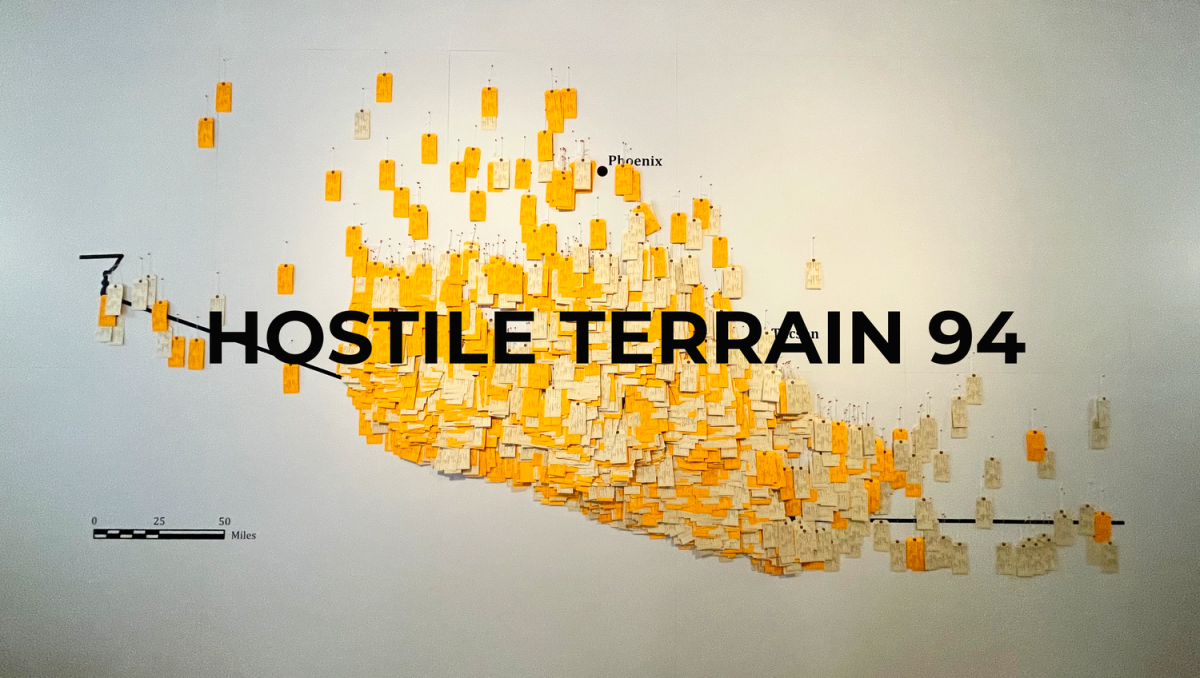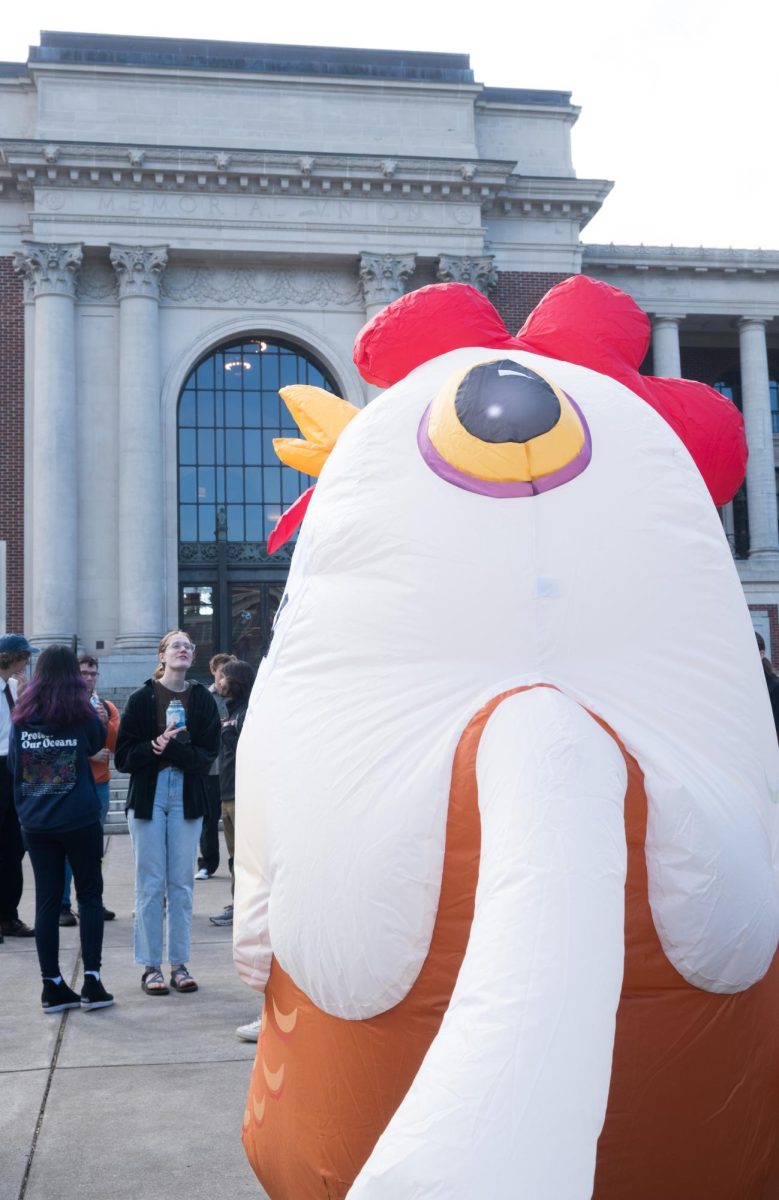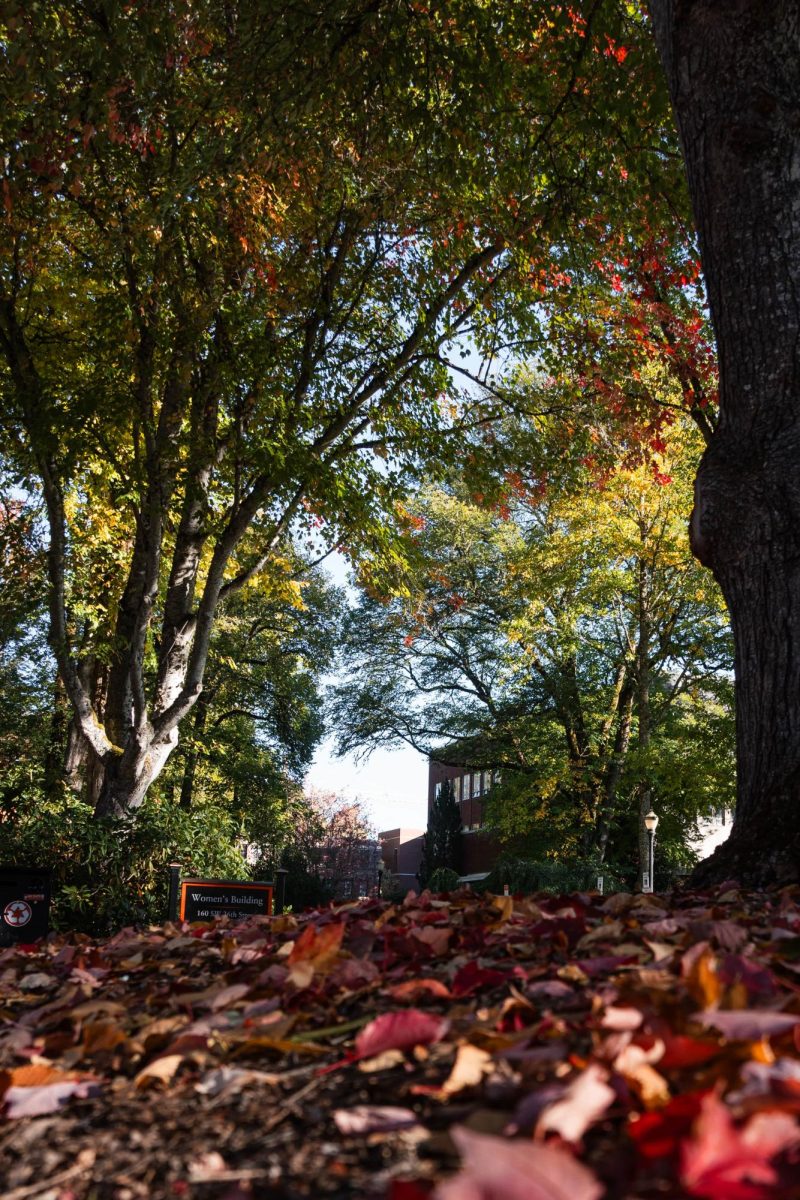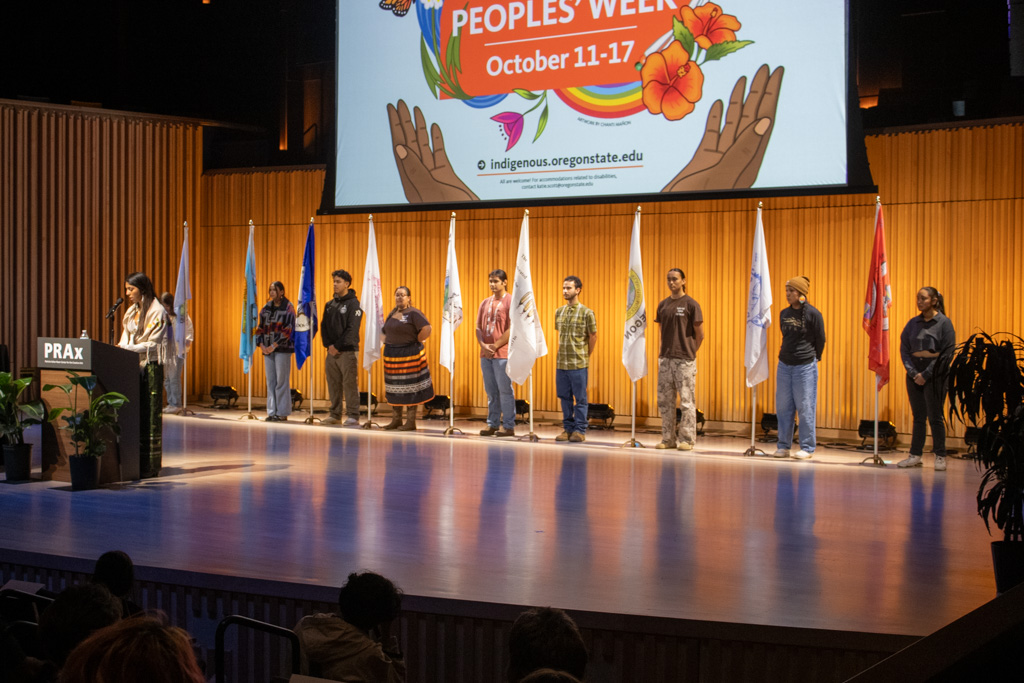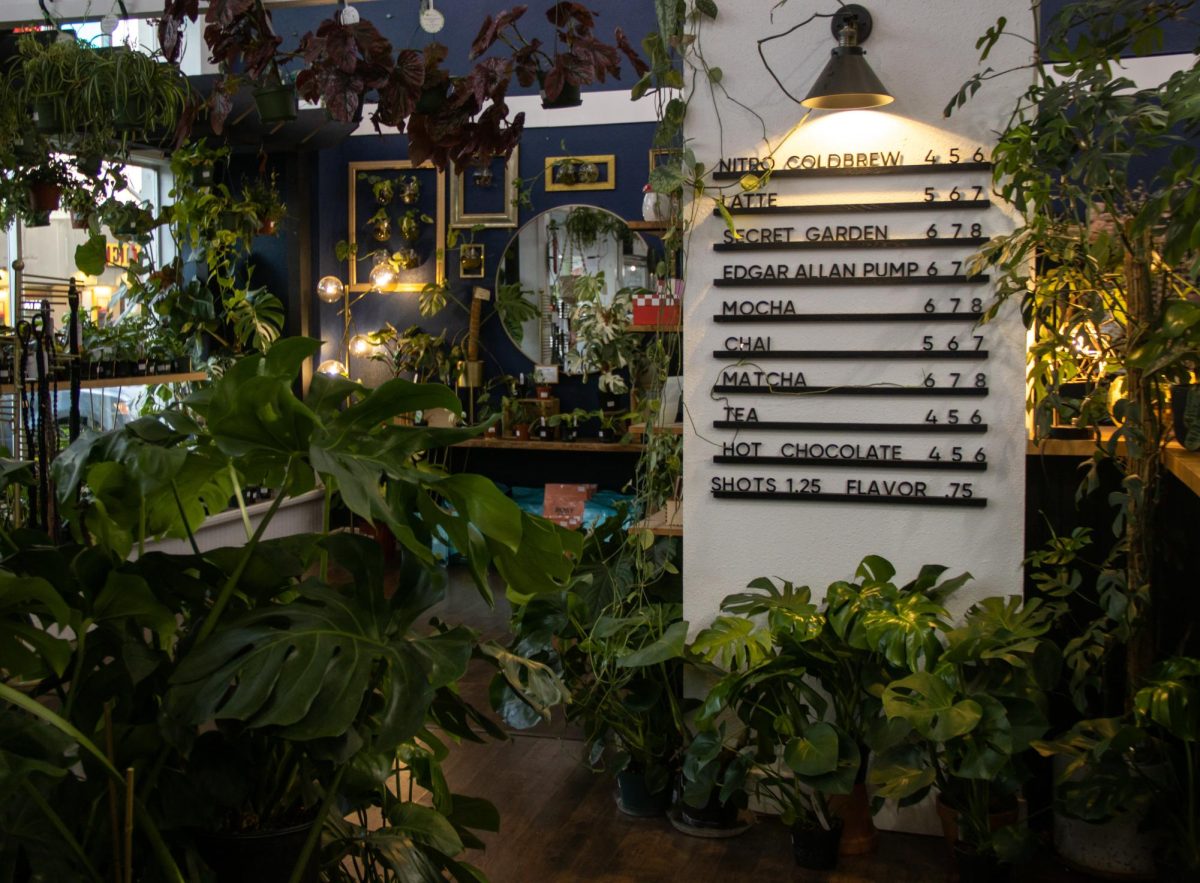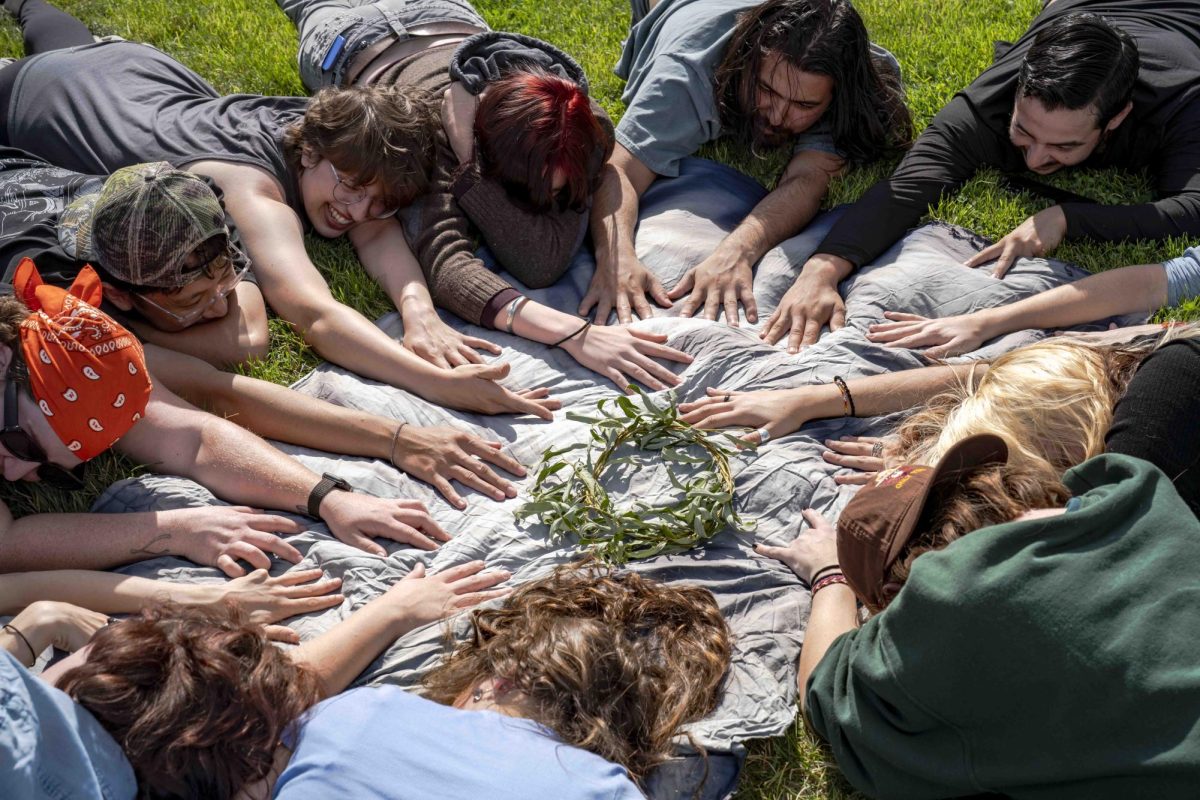After a year of planning, the Cesar Chavez Cultural Center presents its ‘Hostile Terrain 94’ exhibit on May 1, 5-8 pm, in the Student Experience Center. The exhibit will be open until the end of May.
This exhibit is part of a bigger national project called ‘The Undocumented Migration Project’ which aims to raise awareness of migration issues through its research, arts, and education collective.
The collective also strives to inspire positive social change surrounding migration issues at a global scale.
At Oregon State University, the Cesar Chavez Cultural Center decided to take part in recognizing the struggles and risks that come with migrating to the United States.
With the help of the OSU community, members of the CCC have made over 4000 tags and hung them in their entry hall. Each tag includes the name, age, and sex of undocumented migrants who have died. The tags also cite the county, the state, and the coordinates of where they were found and in what condition.
Some of these details can be disturbing, but head coordinator Marelyn Poox-Castillo acknowledges this as well as the importance of the project.
“There are a lot of reasons why people might want to risk their lives for a better life. It’s not necessarily because they just don’t like their home anymore, you know, it might be because of violence, or they could be escaping poverty, for example,” said head coordinator Marelyn Poox-Castillo.
“Many people have been losing their lives almost daily on the border due to prevention through deterrence, and a lot of people don’t realize that it’s still going on since it’s not in the daily news,” Poox-Castillo said.
Along with the opening of the exhibit, there will be an audio testimony from someone who experienced an attempt at crossing the border as well as a documentary, Border South, that was directed by the creator of The Undocumented Project, Jason De Leon.
“I think it’s a good educational opportunity for people to learn about government policies as well as the effects it has on people.”

